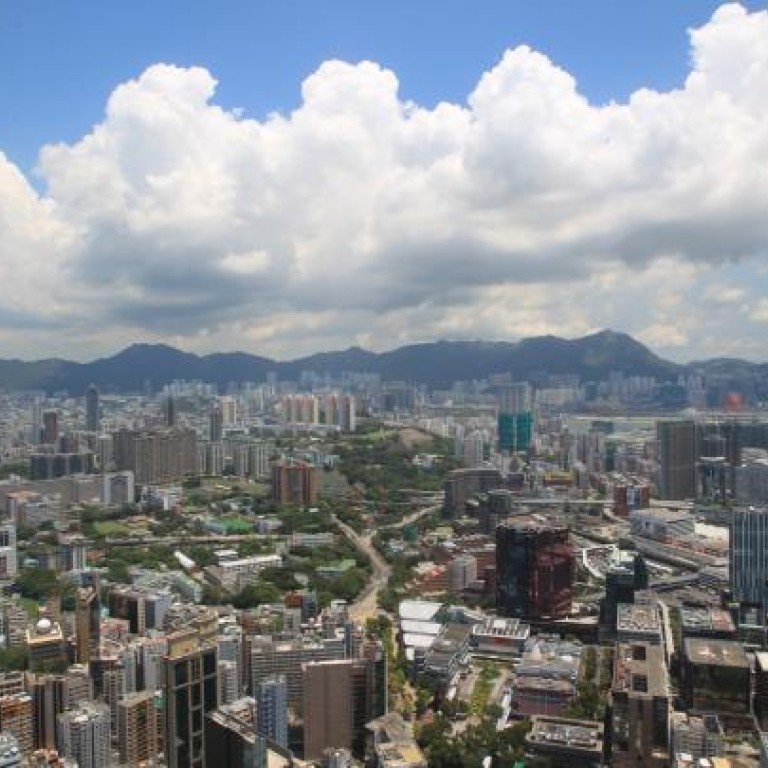
Overriding policy, not piecemeal measures, needed on land supply
All manner of innovative ways have been proposed by Hong Kong's government to increase land supply for housing. The latest take aim at sites occupied by the People's Liberation Army and private clubs. Every suggestion to ease the shortage is worth investigating. But the seemingly haphazard approach authorities are taking appears more like desperation than the result of careful planning.
Chief Executive Leung Chun-ying has made housing a priority and his administration understandably wants to show that it is looking at every option. Land, we have repeatedly been told, is in critically short supply. To meet Leung's ambitious target of at least 20,000 new flats a year for an anticipated population increase of 1.8 million in the next 26 years, 1,500 hectares will be needed. The government claims the land it and property developers hold is insufficient.
A majority of respondents to a public consultation on increasing supply backed a multi-pronged approach that included reclamation, rezoning, redevelopment, resumption, rock cavern development and reuse of unused quarry sites. But fleshing out such ideas with specific proposals can easily run into controversy, as Leung has found. Plans to develop towns in the New Territories by buying farmland met with objections from indigenous villagers unwilling to sell, while protests forced an about-face on a suggestion that flats be built on a site at Kai Tak earmarked for a sports complex. The idea that surrounding waters be reclaimed has angered environmentalists.
And clubs and organisations that lease sites at minimal cost that are determined to be underused will not be happy. As leases come up for renewal, though, the value to our city of the land against how well it is being utilised should be reviewed. Similarly, while military sites are the prerogative of the central government, there is no reason why it should not be approached to reassess its needs.
As worthy as such ideas may seem, though, they are piecemeal; a few thousand square metres here, a hectare or more there is only inching towards a solution. If the matter is so severe, there has to be an overarching policy underpinned by a carefully thought-out strategy. It needs to be put forward as a whole, not floated little by little in a barrage of disjointed suggestions. Laying out a precisely targeted plan to develop Lantau Island, for example, would give us greater confidence in the government's efforts than its present disjointed approach.

